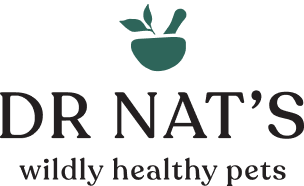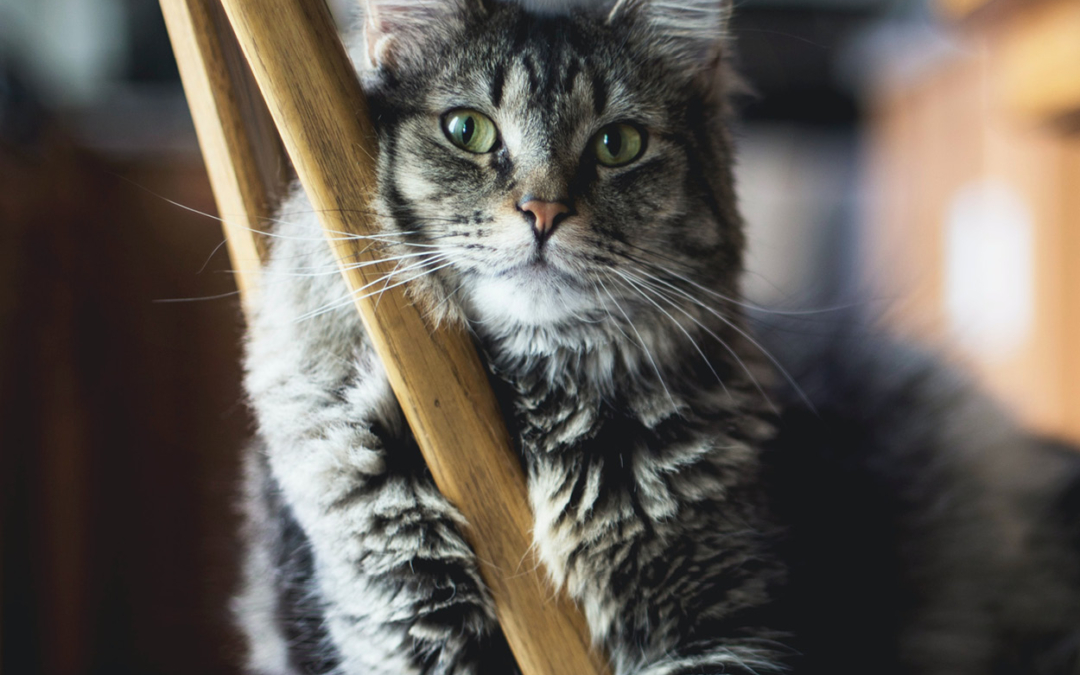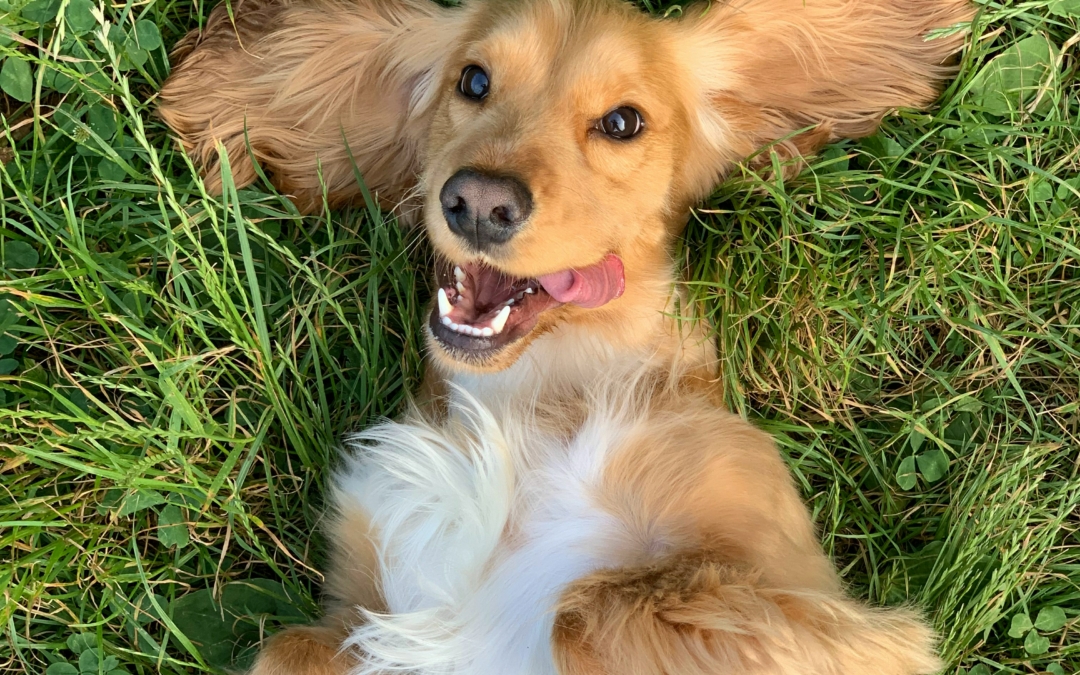Holistic vets are trained in every way a normal veterinarian is trained however they have a special interest in the health and wellness of your pet. They have found that general practice doesn’t offer enough for pets to thrive. So they have completed extra study in their chosen area of interest to further their knowledge on how to best support your furry loved ones in every way they can. This includes but is not limited to modalities like nutrition, behaviour, dentistry, acupuncture, massage, homeopathy, Chinese herbal medicine, Western herbal medicine and essential oils.
Holistic vets look at the animal as a whole. For example, dental health is important because it is where digestion starts! Digestion is important because it can influence the immune system and mental health. Therefore diet is hugely important! Diet and dental health are a huge starting to get health back on track whether we are treating skin disease or cancer. These can have a massive impact on the status of the immune system and inflammation which pretty much influence every single disease process.
Like myself, holistic vets often prefer to use herbal or natural medicine first before reaching for regular medication such as antibiotics. They consider the impact that conventional medicine can have on the body and recognise the innate ability of the body to heal itself if given the chance and the right building materials. Overuse of medication has caused significant problems in both human and animal medicine. Take antibiotics as another example; antibiotic resistance is a global public health threat! This threat is accelerated by the misuse and overuse of antibiotics.
There is more and more movement away from reaching for antibiotics as a first choice. When I first graduated as a veterinarian, I was easily handing out 5 – 10 prescriptions of antibiotics per day. Now it is more like 5 – 10 per YEAR! Medications especially antibiotics can have a huge impact on bacterial diversity and result in dysbiosis. Dysbiosis and gastrointestinal imbalances have been shown to impact mood; including anxiety and depression, affect immunity and cause inflammation just to mention a few.
Holistic vets often offer titer testing instead of vaccinating. I believe over-vaccination is a huge issue with dogs and cats; impacting their health more than we realise. It is now officially recognised (and has been for some time) that dogs only require a C3 every 3 years. There are titer tests readily available where you do a blood test to check your dog’s immune status to see if they require a vaccination. Scientific evidence shows that 1.5 – 5% of animals will still require a vaccine and I would say this is accurate in what I see in practice. There are also some animals (0.4 – 3.5%) that are considered non-serological responders and will always fail their titer test. With this knowledge it allows us to tailor treatments like vaccinating to the individual rather than having a blanket approach.
As a holistic vet myself I can offer diet advice tailored to your pet and help you make sure your pet has robust gut health. I can help with alternative options for prophylaxis of parasites depending on your circumstances. I use essential oils on pets to support both physical ailments and behavioural conditions and can create recipes for you to use on your pets (with your own essential oils or a blend I make up for you). I prescribe Western herbs to help support your pet and its particular needs. You can ask a question or book a phone consultation with me here.
Dr. Nat’s Disclaimer: This information is for educational purposes only. Please consult the advice of your veterinarian for specific questions about your pet. Consult’s are available with Dr. Nat here.




